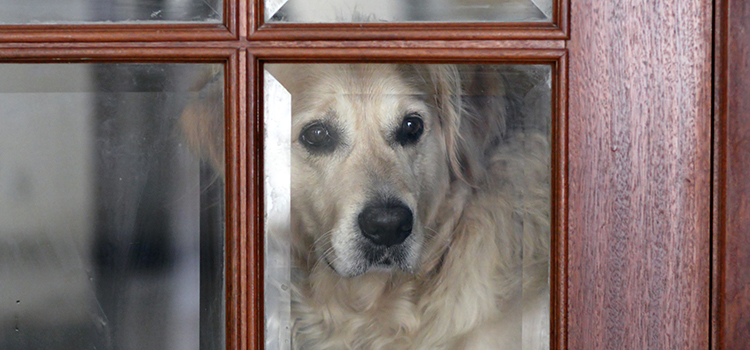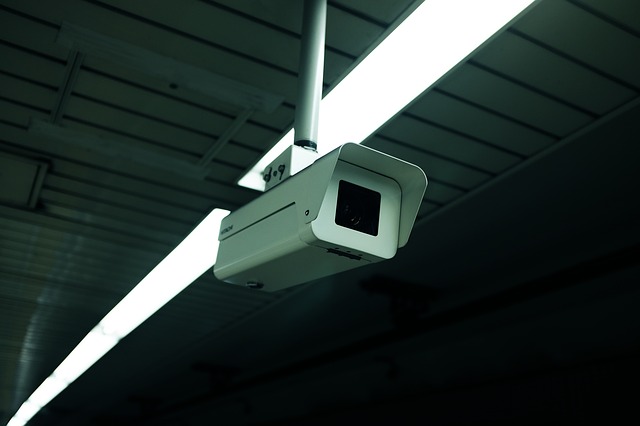
Cellular alarms systems are the best way to protect your home and your loved ones. Cellular security system offer many benefits whether you are looking for an upgrade to your existing alarm or a new one. They provide coverage that is complete, reliable, and affordable. They can also be integrated with smartphones and other types of devices.
Cellular alarms are the best option for those living in areas with strong cellular networks. Cellular alarms are able to transmit and receive messages quickly and reliably. They might not work well in rural areas.
Before choosing a cell phone security system, there are many important factors. A company should be willing to work closely with you, have a track record of reliability, and offer a warranty. Professional installation is the best option to protect your home. Professional installation not only gives you peace of heart, but also eliminates the hassle associated with DIY installations.

Cellular security systems do not require an Internet connection in order to function. This makes them a great choice for people who live in areas without internet access. You can have them monitor your home even during an outage. A smartphone can allow you to remotely arm or disarm an alarm.
Some cellular alarms feature an integrated mobile module. This small control panel allows the system communicate with a monitoring facility. The built-in wireless module transmits a signal wirelessly to cellular towers. The central monitoring station will receive the alarm once it has been received.
Although cellular security is more expensive than wired, it's also more reliable. You are protected against potential problems like power outages, intruders cutting telephone lines, and other issues. An alarm that is not cellular is less secure. Your security system could be disrupted. Even if someone cuts your phone line, you'll still receive a notification.
While wired security systems were once reliable, they have become outdated. Their popularity has declined due to new technologies. Landlines are also susceptible to theft and extreme weather damage. Intruders are also capable of cutting lines outside your home. It is crucial to have a backup plan for your security system.

Cellular alarms are relatively new on the market. Cellular alarms offer many benefits over landline systems. For example, cellular alarms are inexpensive. Landlines can cost between $15 and $40 per month to monitor. Cellular alarms, on the other hand are more reliable and provide stability and flexibility.
Furthermore, cellular alarms are compatible with all kinds of devices. Cellular security systems, unlike wired alarms, can be monitored remotely from a smartphone or computer. You can also connect to a Wi Fi network at home. This is because a cellular device can be paired with a base station. Using a Wi-Fi security system can put your home at risk from hackers, and can lead to frustration with sensors.
FAQ
What is the best home surveillance camera?
Consider purchasing a home security camera system to protect your family. These systems are simple to set up and can provide many benefits to both renters and homeowners. You can also remotely monitor your property from your smartphone, tablet, computer or any other mobile device.
Which is the best home security system?
ADT Pulse is the most widely used home security system.
What is the best wireless system for security?
D-Link Wireless Security System has been my top choice for wireless security. It is also very affordable. All the features you want in one package. It includes a camera with motion sensor and a remote controller. All you need to do is plug it in and follow the simple instructions.
What price should I pay to have alarm monitoring?
Alarm monitoring costs can vary depending on whether you need it to be monitored frequently, what equipment you need and whether you are looking for an all-inclusive plan or a monthly fee.
Which home security system has the most features?
Ring Video Doorbell Pro is the best home security system that we reviewed. It allows you to see who is at the door, chat with them, and even record videos. It also comes with a free cloud storage service so you can save any recordings you make.
Can ADT be hacked
ADT security is the oldest home alarm system available. ADT Home Security System remains the most trusted choice for many homeowners. They trust its reputation as a reliable company committed to protecting their homes from fires and burglary.
But, like all things, even the most trustworthy organizations find themselves under attack. Hackers are able to infiltrate networks at any moment and steal sensitive information. If a hacker manages to infiltrate your network, they can access everything on the computer and modify the important settings. Hackers could, for example, delete files or change passwords. They can also shut down entire systems. It's important for you to remember that hackers could still try to access your house by stealing files, changing passwords, or deleting files. Information about how to secure your systems is essential.
Statistics
- (In my experience, the discount on my home insurance covered about 25 percent of the subscription of an average plan, but your mileage may vary depending on your location and the size of your home.) (theverge.com)
- Most home security companies will charge you around 75% of the remaining term of your contract if you cancel early—and some require 100%.Related questionsWhat type of contract length can I expect from security providers?Home security system cancellation (safewise.com)
- Depending on your insurance, 24/7 professional monitoring may qualify you for as much as 15% off your premium. (safewise.com)
- Cove sets you free without punishing penalties and fees, unlike other security solutions that charge 75% to 100% of your remaining contract. (safewise.com)
External Links
How To
How to Install an Home Security System
A home alarm system is a device which monitors your home and alerts when there's an activity. It could be a motion sensor, doorbell camera, smoke detector, fire alarm, flood alert, carbon monoxide detector, burglar alarm, etc. A home security alarm system often includes one or two sensors (e.g., motion detections), which send signals to the control panel when they detect movement. The signals are then sent by the sensors to a control center where they are recorded and monitored. A control panel will alert your phone, tablet or computer if something is wrong. You will immediately be notified and can take appropriate action.
Selecting the right sensors for your home is an important step in installing a home security alarm system. There are two main types, passive and active. Passive sensors don’t require batteries. They only pick up sounds, vibrations and other signals from their environment. They can be doorbells or sirens as well as buzzers. Active sensors transmit data via electricity. Examples of such sensors include cameras and motion sensor.
There are many options for sensors. Each brand has their own pros and cons. Some sensors can withstand extreme weather conditions, while others cannot. Some of them have built in speakers so that you can still hear them from outside. Others only work inside. Some are simple, while others offer advanced features such as night vision.
After choosing the best sensor type for your property you can choose a manufacturer. This will ensure that your sensors are compatible. You should find plenty of choices at your local hardware shop.
After you have chosen a brand, you will need to decide how many sensors you wish to purchase. Most people start with one or two sensors, depending on whether they live alone or with family members. If you are planning to add sensors later on, you may consider purchasing additional sensors.
Next, consider where you want to put your sensors. Are they near windows or doors? Are they best kept hidden? Make sure you get permission before placing them around your property. They should not be in conflict with any electrical outlets.
Now that you know where you want to put your sensors, you'll need a way to connect them to your control panel. Depending on your setup, you may need to purchase a power adapter or battery pack. Once everything is in place, you can start to monitor your property.